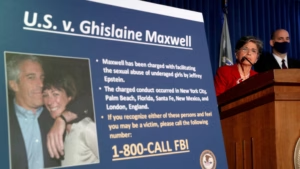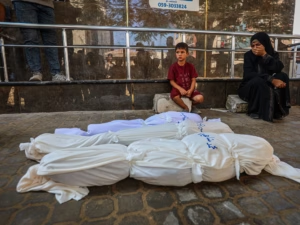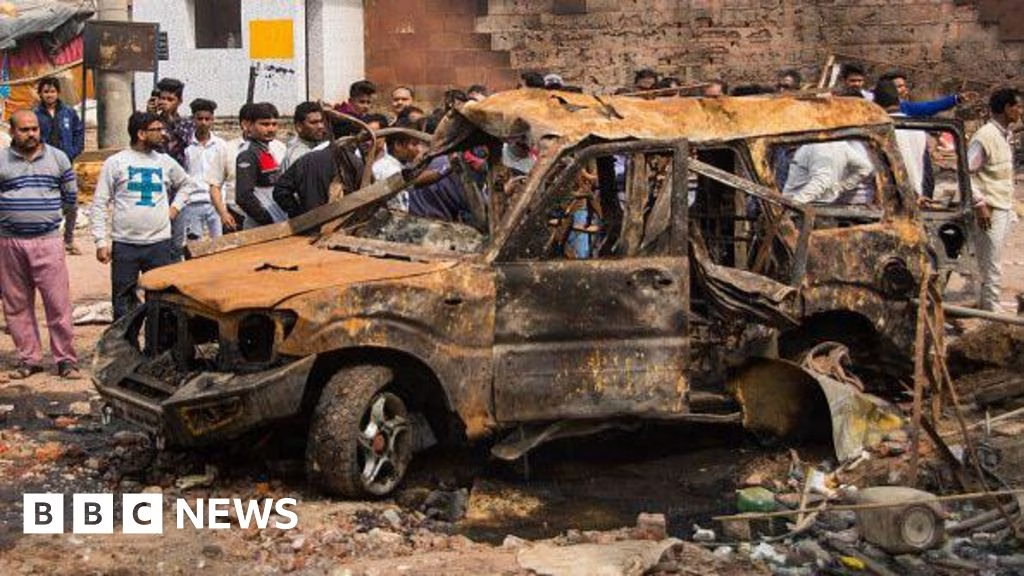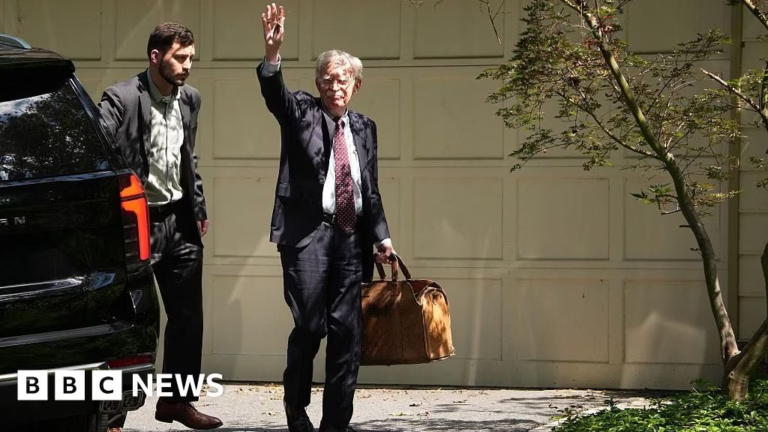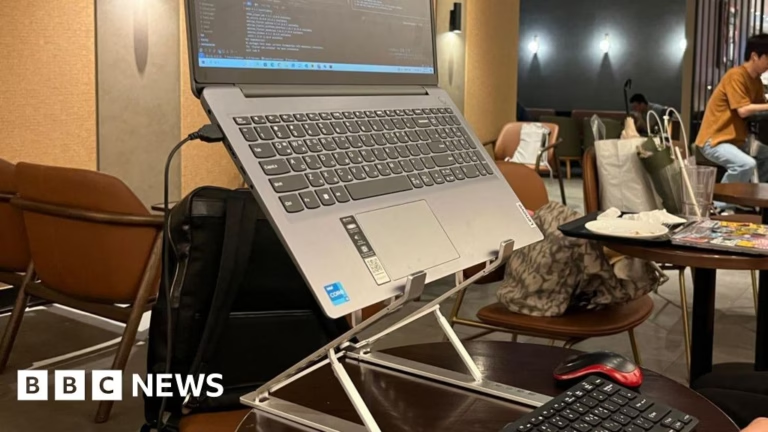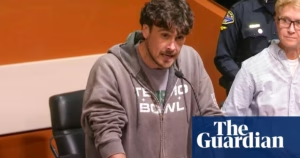<
div id=””>
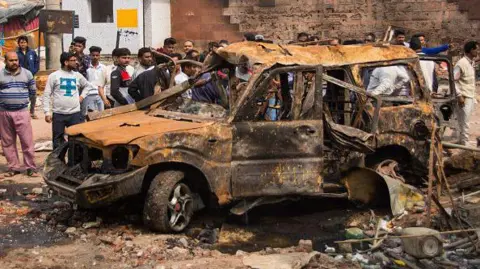
Getty Images
Five years after deadly religious riots engulfed India’s capital Delhi, there is no legal closure in sight for the people involved.
A BBC Hindi analysis has found that more than 80% of the cases related to the violence where courts gave decisions have resulted in acquittals or discharges.
More than 50 people, mostly Muslims, were killed after clashes broke out between Hindus and Muslims over a controversial citizenship law in February 2020. The violence – the deadliest the city had seen in decades – stretched on for days, with hundreds of homes and shops set on fire by violent mobs.
The BBC had earlier reported on incidents of police brutality and complicity during the riots. The police have denied any wrongdoing and in their investigation, alleged that the violence was “pre-planned” as a part of a larger conspiracy to “threaten India’s unity” by the people who were protesting against the law.
They registered 758 cases in connection with the investigation and arrested more than 2,000 people. This included 18 student leaders and activists who were arrested in a case that came to be known as the “main conspiracy case”. They were charged under a draconian anti-terror law that makes it nearly impossible to get bail. Only six of them have been released in five years, and some like activist Umar Khalid are still in jail, waiting for a trial to begin.
BBC Hindi examined the status of all the 758 cases filed in relation to the riots and analysed the 126 cases in which the Karkardooma court in Delhi had given decisions.
More than 80% of these 126 cases resulted in acquittals or discharges as witnesses turned hostile, or did not support the prosecution’s case. Only 20 of these cases saw convictions.
Under Indian law, an accused is discharged when a court closes a case without a trial because there isn’t sufficient evidence to go ahead. An acquittal is when the court finds the accused not guilty after a full trial.
In 62 of the 758 cases that were filed on charges related to murder, there was only one conviction and four acquittals, data accessed by the BBC through India’s Right to Information law shows.
.webp)
Getty Images
<
figcaption class=”sc-8353772e-0 iUqqeb”>Several neighbourhoods in the city’s northeastern parts were set on fire in the violence
<
figcaption>
A detailed analysis of the 126 orders also showed that in dozens of cases, the court came down heavily on the Delhi police for lapses in investigations. In some cases, it criticised the police for filing “predetermined chargesheets” that “falsely implicated” the accused.
In most of the 126 cases, police officials were presented as witnesses to the events. But for various reasons, the court did not find their testimonies credible.
Judges have pointed out inconsistencies in the police statements, delays in identification of the accused by the police and, in some instances, cast doubts over whether policemen were even present when the violence broke out.
In two orders, the judge said that he could not “restrain” himself from saying that when history looked back at the riots, the “failure of the investigating agency to conduct a proper investigation” would “torment the sentinels of democracy”. The court was hearing cases filed against three men on charges of arson and looting – but concluded they had been arrested without any “real or effective investigation”.
The Delhi police did not respond to the BBC’s request for comment. In a report filed last April, the police had told the court that all investigations were carried out in a “credible, fair and impartial” way.
.webp)
<
figcaption class=”sc-8353772e-0 iUqqeb”>Police have claimed the riots were part of a ‘wider conspiracy’
<
figcaption>
Testimonies from some of the accused and even the court’s own observations, however, raise questions about the investigation.
Shadab Alam, who spent 80 days in jail, says he can never forget the terror of the riots.
He had taken shelter on the rooftop terrace of a medicine store where he worked with a few others.
Just hours earlier, the police had arrived at the shop and asked them to shut it because of ongoing arson.
“Suddenly, they [the police] came again and took a few of us into their van,” he told the BBC.
When he asked the police why he was being taken, he said, they accused him of participating in rioting.
“They asked us our names and beat us up. Almost all of us arrested were Muslims,” Mr Alam said. He added that he submitted his medical report before the court that confirmed three injuries.
.webp)
<
figcaption class=”sc-8353772e-0 iUqqeb”>Shadab Alam spent 80 days in jail
<
div data-component=”text-block” class=”sc-18fde0d6-0 dlWCEZ”>
<
p class=”sc-eb7bd5f6-0 fezwLZ”>Mr Alam had to wait four years for the
Source: https://www.bbc.com/news/articles/c757zl67n7wo
